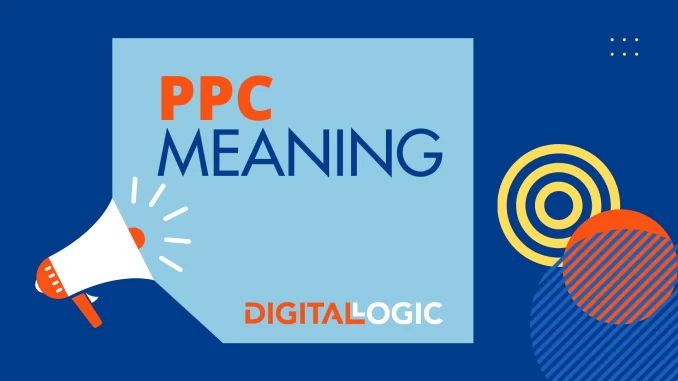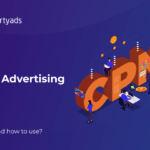
Last Updated on by Sabina
What Does PPC Stands for in Merketing?
PPC stands for “Pay-Per-Click” in marketing. It is an advertising model in which advertisers pay a fee each time their ad is clicked. PPC is commonly associated with online advertising platforms such as Google Ads, Bing Ads, and social media advertising platforms.

In a PPC campaign, advertisers bid on keywords or specific search terms relevant to their target audience. When users perform searches that match those keywords. The search engine displays the ads of advertisers who have bid on those keywords. The ad placements can appear in search engine results pages (SERPs). On websites within the ad network, or on social media platforms.
The name “Pay-Per-Click” comes from the fact that advertisers are only charged when someone clicks on their ad, rather than paying a flat rate for ad placement. This model allows advertisers to pay for actual clicks and track the performance and return on investment (ROI) of their advertising campaigns.
PPC advertising offers several advantages, including
Targeted Reach: Advertisers can target their ads to specific audiences based on factors such as demographics, location, interests, and search intent, ensuring that their ads reach the right people at the right time.
Cost Control: Advertisers have control over their advertising budget and can set daily or monthly spending limits. They can also adjust bids and budgets based on performance and desired outcomes.
Measurable Results: PPC platforms provide detailed analytics and reporting, allowing advertisers to track key metrics such as click-through rates (CTR), conversions, cost per click (CPC), and return on ad spend (ROAS). This data helps assess the effectiveness of campaigns and make data-driven decisions.
Quick Results: PPC campaigns can generate immediate visibility and traffic to websites, making it an effective strategy for businesses looking for quick results and lead generation.
Flexibility and Optimization: PPC platforms provide flexibility to test different ad variations, keywords, and targeting options. Advertisers can constantly monitor and optimize campaigns to improve performance, refine targeting, and maximize ROI.
However, it’s important to note that PPC advertising requires strategic planning, keyword research, ad copywriting, bid management, and ongoing optimization to achieve the desired results. It can be a complex and competitive landscape, and effective campaign management is essential to drive successful outcomes.


